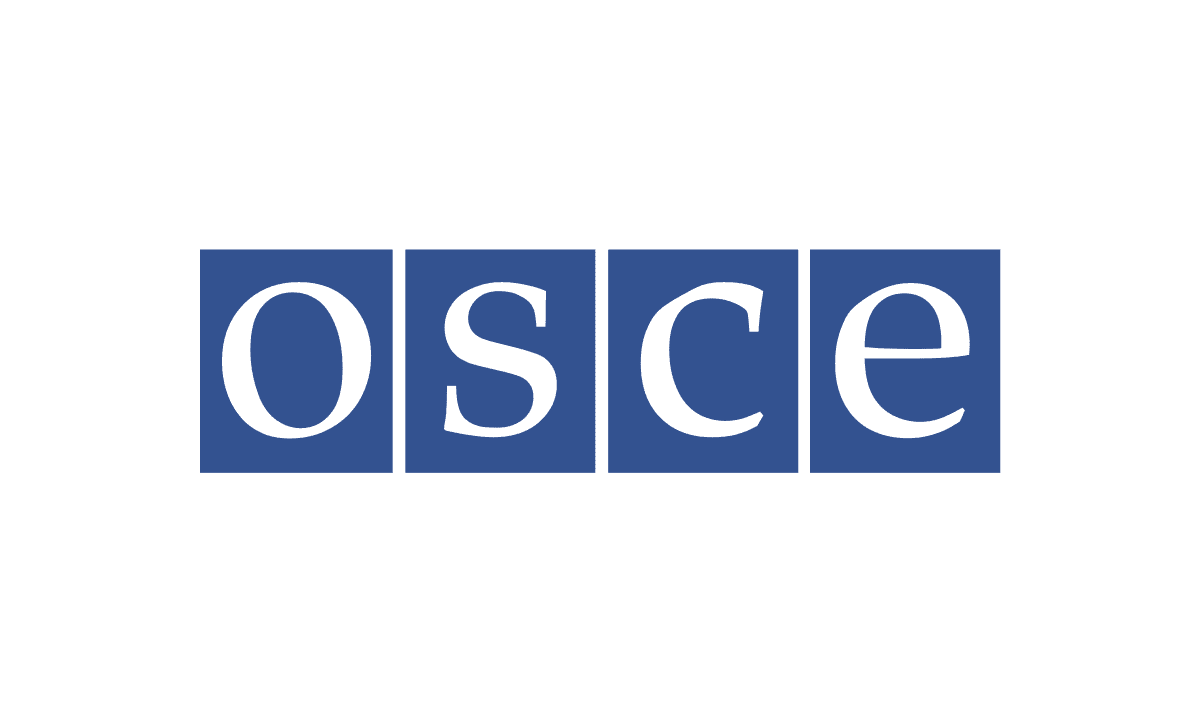

OSCE
The Organization for Security and Cooperation in Europe (OSCE) is the largest regional security organization in the world. It promotes peace, human rights, and sustainable development through political dialogues, election observations, and conflict resolutions in 57 member states.
Organization for Security and Co-operation in Europe (OSCE)
editThe Organization for Security and Co-operation in Europe (OSCE) is the largest regional security organization in the world, with 57 participating states ranging from Vancouver to Vladivostok.
History and Formation
editThe OSCE has its roots in the Conference on Security and Co-operation in Europe (CSCE), which was initiated in July 1973 and formally established with the Helsinki Final Act on August 1, 1975. In December 1994, the CSCE was transformed into the OSCE, which officially began its operations on January 1, 1995[2].
Mission and Values
editThe OSCE serves as a forum for political dialogue and joint action to improve the living conditions of individuals and communities. It pursues a comprehensive security strategy that includes political-military, economic, environmental, and human aspects. Through this integrated approach and its inclusive membership, the OSCE helps bridge differences and build trust among states[1][5].
Key Activities and Services
edit- Elections and Democracy: The OSCE monitors elections and promotes democratic institutions and processes.
- Human Rights and Rule of Law: It is engaged in promoting human rights, strengthening the rule of law, and supporting judicial reforms.
- Media Freedom and Development: The OSCE advocates for media freedom and the promotion of an independent and diverse media landscape.
- Conflict Prevention and Resolution: The organization actively works on preventing and resolving conflicts, including mediation in existing conflicts.
- Environmental Protection and Economic Activities: It addresses environmentally related security threats and promotes sustainable economic development.
- Countering Terrorism and Human Trafficking: The OSCE is engaged in combating terrorism and human trafficking as well as fighting the smuggling of small arms and light weapons[1][2].
Sustainability Goals and Initiatives
editThe OSCE integrates sustainability goals into its work, particularly in the area of environmental protection and sustainable development. For example, the organization focuses on addressing environmental threats associated with conflicts and promotes the clean energy transition in Central Asia through specialized courses and programs[5].
Structure and Bodies
editThe OSCE has a diverse structure consisting of various bodies and organs, including:
- Summit of Heads of State and Government: Decision-making meetings that take place irregularly.
- Ministerial Council: Annual meetings of foreign ministers.
- Permanent Council: Weekly meetings in Vienna.
- Parliamentary Assembly: A platform for parliamentary dialogues.
- Forum for Security Co-operation: Weekly meetings that can make decisions in the military-political field.
- OSCE Missions and Field Operations: Active presence in various countries to promote stability and security[2].
The OSCE works closely with international organizations and follows the principle of "OSCE first" in addressing conflicts within its area of influence. Through its comprehensive approach and inclusive membership, the OSCE makes a significant contribution to security, stability, and sustainable development in the region.